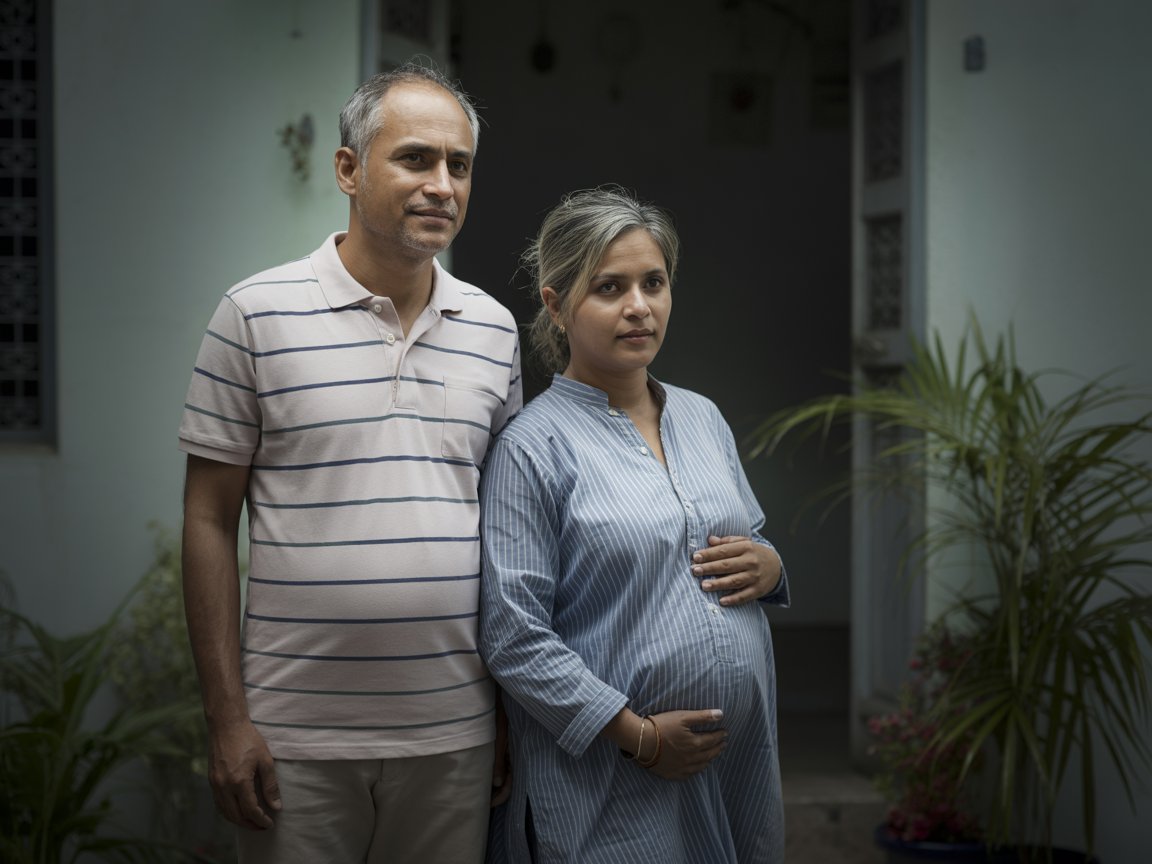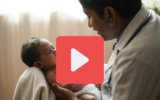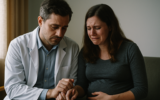It was another overflowing day in our genetics OPD, one of those days when you barely catch your breath. A junior walked in with an amniocentesis result. The couple in question had been seen earlier, a 42-year-old woman and her 46-year-old husband. The fetal scan had shown intrauterine growth restriction and a choroid plexus cyst. After detailed counseling, they had opted for amniocentesis.
The result was back: Trisomy 18. Edwards syndrome. My junior had already explained the diagnosis, the guarded prognosis, the high risk of miscarriage, the possibility of severe anomalies, and the limited chances of survival.
But the couple had made their decision. “We don’t want to terminate.”
I paused. Not out of disagreement, but out of self-doubt. Did they truly understand? Was my counseling clear? Did they think I’m “just a fellow” and might have missed something?
It wasn’t about doubting their right to choose. It wasn’t about discomfort with a child with disability. It was the quiet question that haunts many of us in training: Have I done enough? So I showed them to our consultant, hoping maybe she could reinforce the message. Or offer something I couldn’t. But even then, they were clear. Composed and unshaken.
“We’ve waited so long for this baby. We went through IVF. We faced years of silence and subtle humiliation. This is our child. Whatever happens, we want to continue.”
And that’s when I saw the full picture. Their decision wasn’t made in denial; rather, it was made with the weight of years of heartbreak. With the burden of social scrutiny that so many couples in India silently carry. In a society where childlessness is often whispered about, judged, or weaponized, this pregnancy was not just biological. It was emotional, cultural, and deeply personal.
This pregnancy wasn’t just about becoming parents. It was about reclaiming dignity. About ending whispers. About silencing subtle comments from relatives, the ridicule hidden in “advice” and the feeling of being incomplete in the eyes of others.
And this isn’t the first time I’ve seen it. As a genetics trainee, I’ve witnessed multiple families continue pregnancies even after grave fetal diagnoses. The reasons vary: desperation for a child after years of infertility, deep emotional bonding with the fetus, religious beliefs, hope against odds, or simply a refusal to give up on life.
Not every decision is clinical. Not every choice follows the protocol. Medicine provides data, but it’s the lived experience that shapes decisions. And our role, sometimes, is not to steer but to stand beside.
Join Our Google Group
Join our google group and never miss an update from Gene Commons.
Join Google Group




